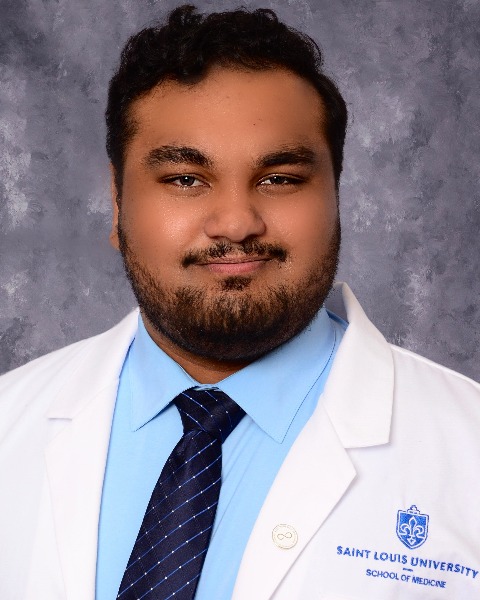Paper Presentation
Philosophy
Session: Philosophy: Topics in Gender
The Ethics of Gender Dysphoria Treatment and the Meaning of Medicine: Examining a Clinician's Obligations Regarding Gender-affirming Care
Thursday, September 19, 2024
4:30 PM – 5:30 PM CT
Location: Midway 1-2 (First Floor)
Keywords: transgender, philosophy of medicine
Abstract: The traditional aim of medicine has been to promote health. However, modern practices simultaneously involve interventions that may cause relative harm in the pursuit of health such as chemotherapy, radical surgeries, and recently, gender-affirming care. Gender-affirming care (GAC) has been defined by the WHO as “a set of interventions, social, psychological, or medical… to support and affirm a person’s gender identity.” In the United States, GAC has sparked political controversy regarding allowing individuals, especially minors, with gender dysphoria to transition via sex reassignment surgery and/or hormone therapy. These interventions aim to reduce psychological harm but may cause undue harm in people with gender dysphoria who turn out not to be transgender.
In this paper, I explore how GAC challenges our traditional understanding of medicine, which has evolved to include broader notions of social inclusion and psychological alignment. I argue that GAC fundamentally alters the meaning of medicine by addressing a primarily psychological issue through physical change. Notably, gender dysphoria receives special consideration compared to analogous psychological disorders like anorexia or body identity integrity disorder, which are treated pharmacologically. I also identify the clinician’s duties in providing responsible GAC as well as evidence-based guidelines on how to ethically care for this population. I conclude that clinicians should consider alternative ways to provide affirmation before irreversible, life-altering therapies. Ultimately, the evolution of medicine in the context of GAC underscores the importance of re-evaluating the moral boundaries of modern medicine, lest we lose sight of our aim to preserve health entirely.
In this paper, I explore how GAC challenges our traditional understanding of medicine, which has evolved to include broader notions of social inclusion and psychological alignment. I argue that GAC fundamentally alters the meaning of medicine by addressing a primarily psychological issue through physical change. Notably, gender dysphoria receives special consideration compared to analogous psychological disorders like anorexia or body identity integrity disorder, which are treated pharmacologically. I also identify the clinician’s duties in providing responsible GAC as well as evidence-based guidelines on how to ethically care for this population. I conclude that clinicians should consider alternative ways to provide affirmation before irreversible, life-altering therapies. Ultimately, the evolution of medicine in the context of GAC underscores the importance of re-evaluating the moral boundaries of modern medicine, lest we lose sight of our aim to preserve health entirely.
Learning Objectives:
After participating in this conference, attendees should be able to:
- Review the historical context of modern medicine and understand its ethical goals.
- Appreciate the challenge that gender-affirming care, especially regarding minors, presents to the practice of medicine.
- Discuss the clinician’s role in providing gender-affirming care and how evidence-based practice can guide healthcare workers to produce the best possible outcomes for patients.

Jade R. Samanta, B.S. (he/him/his)
Medical Student
Saint Louis University School of Medicine
Saint Louis, Missouri
